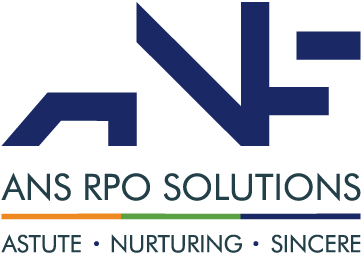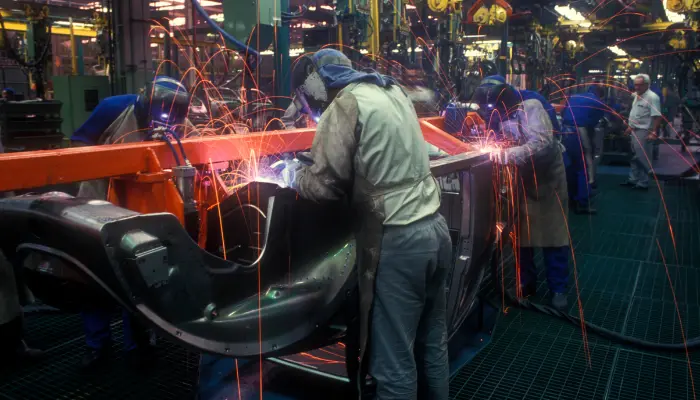The automotive industry, a pulsating hub of innovation and transformation, is not without its unique set of challenges when it comes to talent acquisition. In the quest to attract and retain top-tier professionals, recruiters and automotive companies must confront the dynamic interplay of industry demands, persistent skill shortages, and the imperative integration of cutting-edge technologies.
Industry Demands:
The automotive sector operates on the forefront of technological advancement and global competition. The ever-evolving landscape demands a workforce that can seamlessly adapt to emerging trends and contribute to the industry’s continual evolution. Engineers, designers, and technicians are sought not only for their foundational understanding of automotive systems but also for their ability to embrace innovation. Recruiters navigating this landscape need a keen understanding of the specific skill sets and qualifications that align with the industry’s current and future demands.
Skill Shortages:
One of the persistent challenges in the automotive sector revolves around skill shortages, particularly in areas critical to the industry’s future, such as electric and autonomous vehicle technologies. As these technologies redefine the automotive landscape, the demand for professionals with expertise in these areas intensifies. Effective recruitment strategies must go beyond traditional approaches and include initiatives like upskilling programs, partnerships with educational institutions, and proactive talent scouting to bridge these skill gaps and ensure a future-ready workforce.
Technology Integration:
The automotive industry is in the midst of a profound technological revolution. Electric propulsion, connectivity, and autonomous features are not just buzzwords; they are integral components defining the future of transportation. Recruiters face the challenge of identifying and acquiring talent capable of seamlessly integrating these technologies into automotive processes. The recruitment process must align with the industry’s digital transformation, seeking professionals who not only understand these technologies but can also drive innovation and contribute to the development of the next generation of vehicles.
Strategies for Success:
To navigate these challenges successfully, automotive recruiters must adopt strategic approaches. This includes establishing robust partnerships with educational institutions to foster a pipeline of skilled talent, implementing upskilling programs to meet evolving industry demands, and embracing innovative recruitment practices such as virtual career fairs and online assessments.
Moreover, creating an employer brand that emphasizes a commitment to technological innovation and professional development can attract top talent. Companies that showcase a dedication to sustainability, diversity, and inclusivity in their workforce are likely to stand out in a competitive job market.
Leveraging RPO Expertise:
In the pursuit of overcoming these challenges, many automotive companies turn to Recruitment Process Outsourcing (RPO) services. The top RPO companies, such as ANS RPO Solutions, bring specialized expertise in navigating complex talent landscapes. These RPO providers offer tailored solutions, from strategic workforce planning to efficient candidate sourcing, ensuring that automotive businesses can access the right talent at the right time.
Also Read – Legal Sector Hiring: An Insight into A Specialized Recruitment
In conclusion, the journey of automotive sector recruitment involves a delicate balance between meeting immediate industry demands, addressing skill shortages, and embracing the technological transformations that define the future. By understanding these challenges and adopting proactive, strategic recruitment practices, automotive companies, with the support of top RPO companies, can build a workforce that propels the industry forward, ensuring continued innovation and success in an ever-changing landscape.


